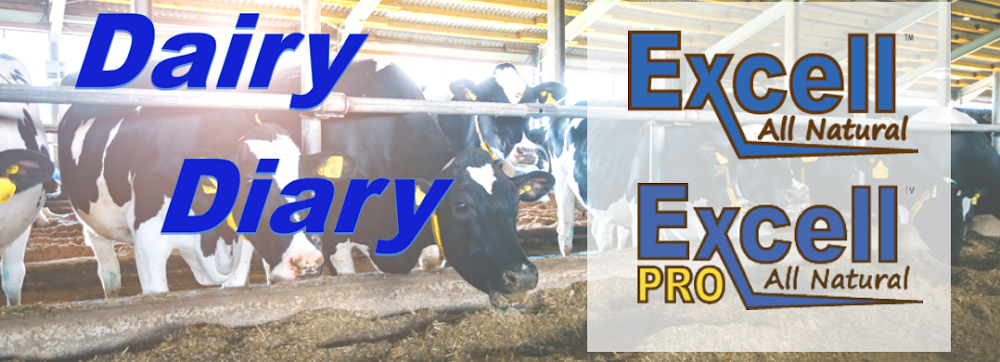High temperatures in California have had a negative impact on cow comfort and milk output. Some milk producers say output is below previously forecasted levels. Some processors in the state say milk availability is tightening, while others report sending loads of milk to other nearby states where supplies are tighter. Demand for all Classes are steady.
Milk production in Arizona is declining, and inventories remain tight in the state. Processors in the state say they are sourcing loads of milk from other states to meet their current production needs. Some plant managers are reporting downtime at plants as they have been unable to obtain sufficient volumes of milk to run full schedules. Demands for Classes I and II are steady, while Class II demand is softening.
In New Mexico, milk production is declining and below 2021 levels. Contacts say declining statewide herd populations and higher feed costs are contributing to reduced milk output. Milk is tight in the state, and some processors are sourcing milk from other states. Across all Classes, demand is steady.
Milk output is steady to higher in the Pacific Northwest. Some contacts report an uptick in production as cooler temperatures have arrived following the recent heat wave. Processors say milk is plentiful in the state, and some report labor shortages are contributing to longer load and unload times at plants. Stakeholders say they continue to sell loads of milk to other parts of the region, where inventories are tighter. Demand is steady for all Classes of milk.
In the mountain states of Idaho, Utah, and Colorado, milk output is steady this week. Stakeholders say cooler temperatures in the area are contributing positively to cow comfort. Some contacts report milk output is down compared to September of 2021. Spot loads are available for processing. Demand is unchanged across all Classes.
Sales of contracted condensed skim are strong as purchasers continue to pull heavily on regional supplies. Contacts report condensed skim spot availability is tightening. Cream demand is strong from Class II processors and butter makers. Cream inventories are tight in the West. Cream multiples are unchanged at the bottom, but slid lower at the top.
Western U.S., F.O.B. Cream
Price Range - All Classes; $/LB Butterfat: 3.4609 - 4.4048
Multiples Range - All Classes: 1.1000 - 1.4000
Price Range - Class II; $/LB Butterfat: 3.9643 - 4.4048
Multiples Range - Class II: 1.2600 - 1.4000





